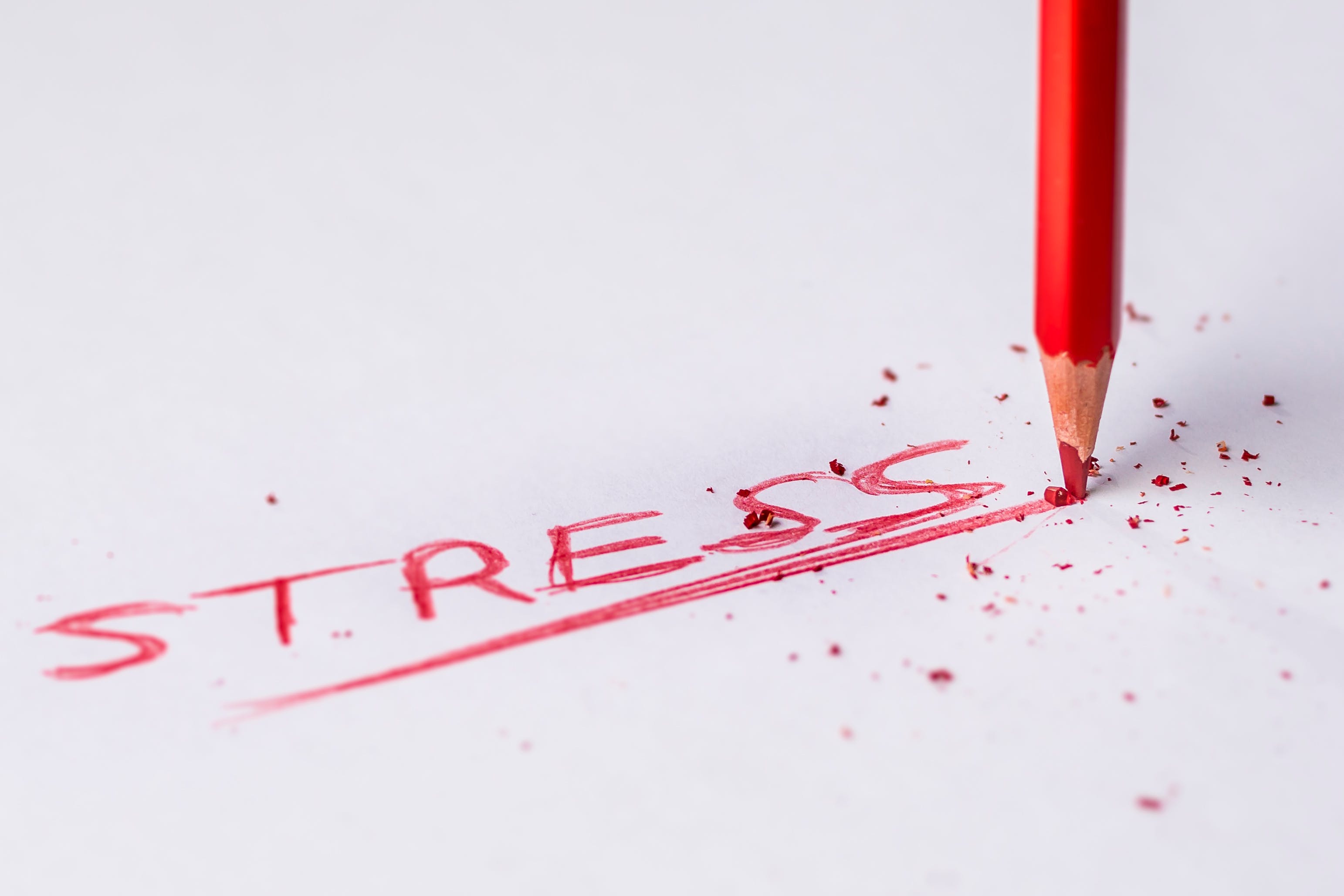Stress management isn’t a one-size-fits-all endeavor; it’s about finding what works best for you amidst life’s unique challenges. Equipping yourself with an array of stress-busting techniques can empower you to navigate difficulties more effectively.

Recognizing the Prevalence of Stress
Before diving into the tips, it’s vital to recognize the prevalent stress levels in today’s society. The advent of the COVID-19 pandemic has sent stress levels skyrocketing. The American Psychological Association (APA) reports a staggering 67% surge in stress among Americans since the pandemic’s onset, with 78% naming it a significant stressor. This compounded stress, coupled with everyday pressures like work, health, finances, family, and relationships, underscores the urgent need for effective stress management strategies.
Understanding the Importance of Stress Management
While encountering stress is normal, managing it effectively is crucial for overall health and well-being. Stress can manifest in various forms, including mood swings, sleep disturbances, fatigue, changes in weight, digestive issues, and concentration difficulties. Identifying and addressing these symptoms is crucial in preventing chronic stress, which can profoundly impact both mental and physical health.
The Benefits and Risks of Stress Management
Mastering stress management yields numerous benefits, including enhanced immune function, weight regulation, improved sleep quality, and enhanced mood and relationships. Conversely, excessive stress poses several risks to physical and mental well-being, including burnout, hypertension, cardiovascular disease, and overall diminished physical health. Recognizing and addressing these risks is crucial for long-term health and wellness.
Tailored Approaches for Different Environments
Effectively addressing stress necessitates tailored approaches for different environments. Fostering open communication, proactive problem-solving, maintaining order, and allocating personal space is essential at home. In the workplace, clarifying expectations, avoiding multitasking, resolving conflicts, and optimizing the work environment for comfort and productivity are critical. In relationships, identifying stressors, fostering communication, dedicating time to personal pursuits, and enhancing communication skills can mitigate stress and strengthen bonds.
Quick Stress-Relief Techniques
Quick stress-relief techniques such as taking a stroll, practicing deep breathing, indulging in aromatherapy, and embracing hugs can offer immediate relief.
Long-Term Stress Management Strategies
Long-term stress management strategies like regular exercise, maintaining a balanced diet, incorporating mindfulness practices, and employing relaxation techniques are vital for sustained well-being.
Avoiding Stress Management Pitfalls
Avoiding stress management pitfalls, including minimizing exposure to stress-inducing environments, guarding against overcommitment, prioritizing self-care, and maintaining hope, is essential.
Seeking Professional Assistance
If stress symptoms persist or worsen, seeking professional help is advisable.
Conclusion
In conclusion, effectively managing stress can significantly enhance various facets of life, from health and work performance to relationships. By integrating these strategies into your daily routine, you can achieve equilibrium, reduce stress, and elevate overall well-being.



